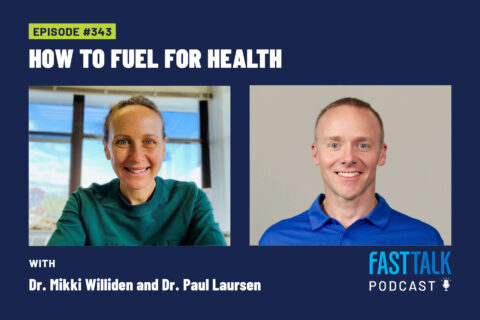
How to Fuel for Health
There’s an important difference between fueling for performance and fueling for health. In this episode, Dr. Mikki Williden and Dr. Paul Laursen give their suggestions on how to fuel for health.
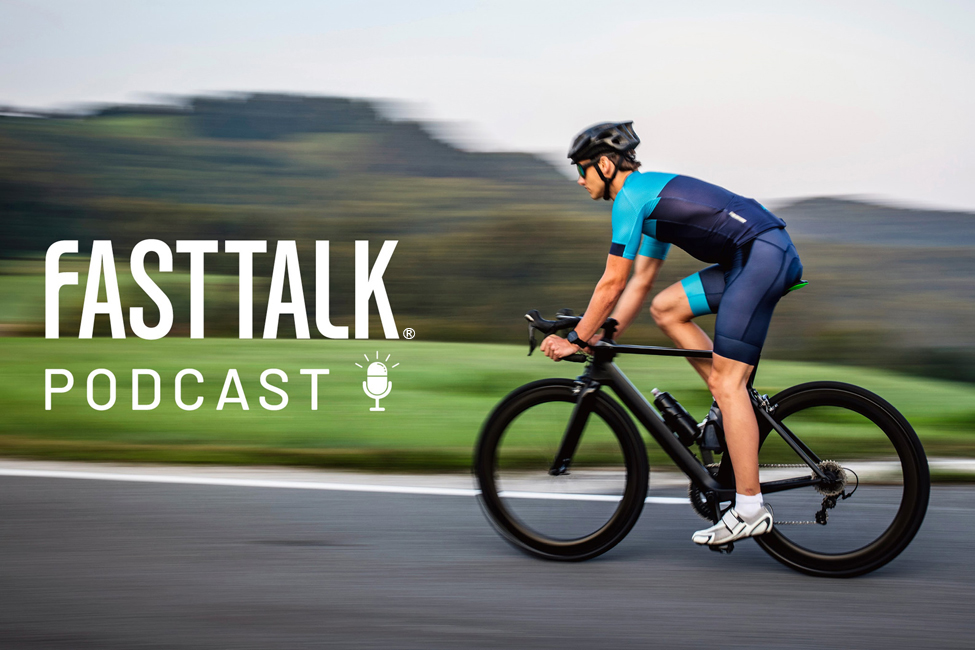
The Fast Talk Podcast focuses on the science of endurance sports in a conversational and informative style. Mixed into the deep discussions, there are tips and takeaways regarding endurance training philosophy, human physiology, workout design, performance nutrition, and sport psychology.
Our hosts Trevor Connor and Chris Case explore these topics with world-class, leading experts on endurance sports. These include researchers like Dr. Stephen Seiler, Dr. Bent Ronnestand, Dr. Inigo San Millan, as well as coaches such as Joe Friel, Neal Henderson, Stacy Sims, and Grant Holicky.
Subscribe to Fast Talk for over 389 episodes on Apple Podcasts, Overcast, Soundcloud, Spotify, Stitcher, or wherever you get your podcasts.

There’s an important difference between fueling for performance and fueling for health. In this episode, Dr. Mikki Williden and Dr. Paul Laursen give their suggestions on how to fuel for health.
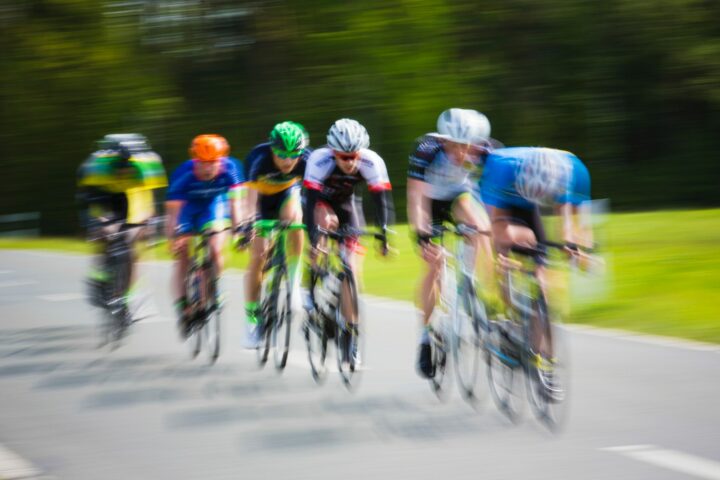
High-intensity training offers many benefits. It also has limitations. We explore just how much HIT work you need to perform at your best.
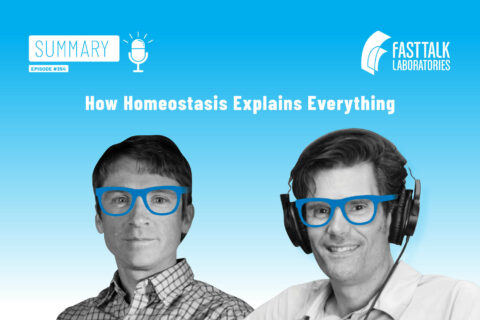
In this summary episode we discuss how homeostasis is at the core of almost every function in our bodies, including how we train and stay healthy.
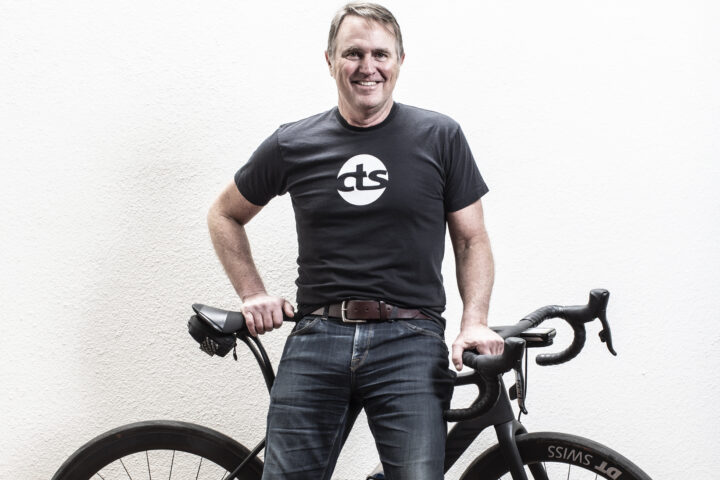
The author of The Time-Crunched Cyclist joins Fast Talk to discuss the science, merits, and limitations of the time-crunched training method.
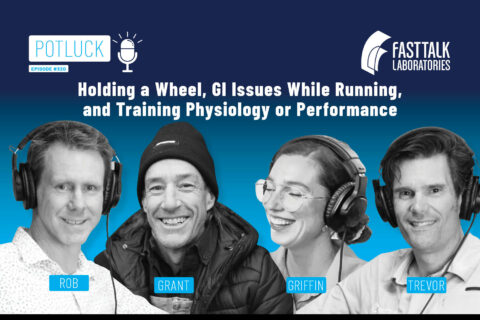
In this potluck we discuss what to do when you’re struggling to hang on to a wheel, what the overall goal of training should be, and how to handle needing to poop during a long running event.
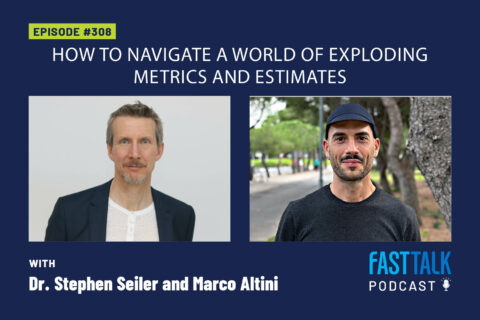
The number of, well, numbers we track during training is exploding, but they’re not all made equal. Some represent actual measurements while others are just estimates. We discuss the implications.
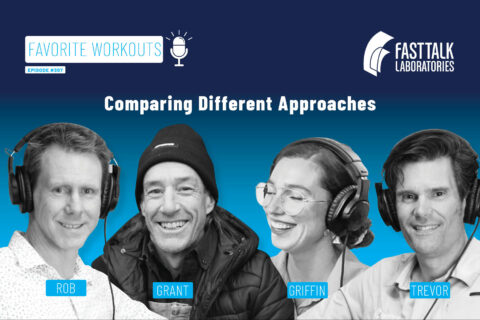
All-star guests like Dr. Stephen Seiler, Frank Overton, and Sonya Looney share their favorite cycling workouts and how they fit into different training styles.
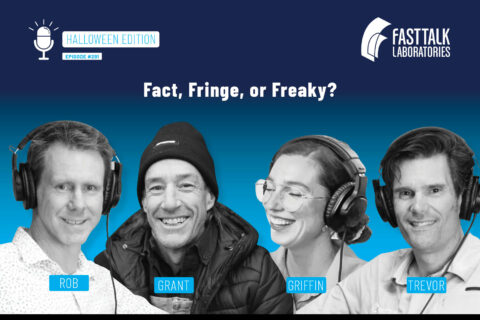
We dive into blood flow restriction, anti-aging supplements, post-activation potentiation, and the potential fringe training benefits you may never have even heard of.
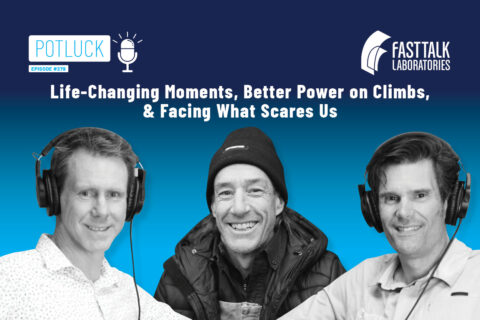
We discuss an eclectic group of odd, challenging, and humorous training topics in this week’s Potluck.
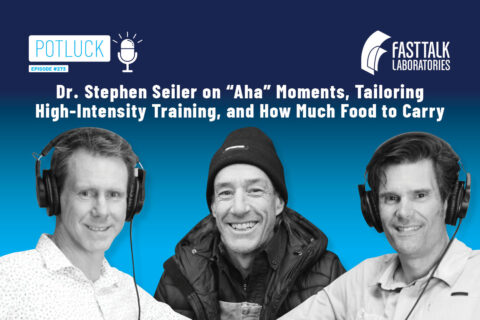
Welcome to another potluck conversation with regulars Grant Holicky, Trevor Connor, and Rob Pickels. In these discussions, we pick topics that we find interesting and break them apart using a mix of science, humor, and our own experience. This week’s potluck is a special episode because joining us is Dr. Stephen Seiler. He’s going to discuss […]
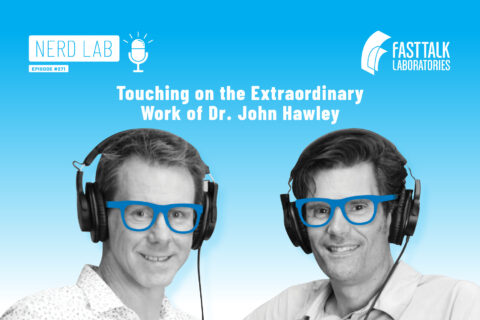
We dive into the work of Dr. John Hawley – he has produced many seminal studies and papers in exercise science since the 1990s. Today, we wilk look at a few of his key papers on carbohydrates and how we adapt.
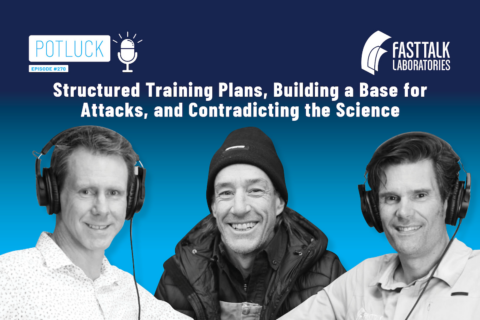
We discuss a host of odd, interesting, and humorous training topics in this week’s show.
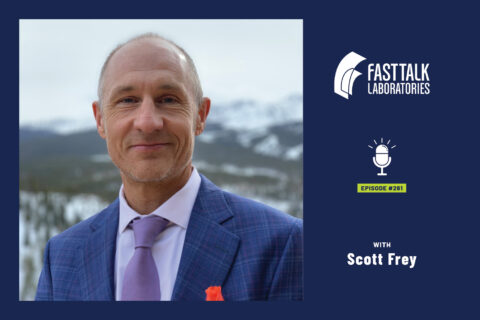
What is pain—and how can we learn to tolerate it in training and racing? We find out on our latest Fast Talk podcast where we’re joined by neuroscientist Dr. Scott Frey.
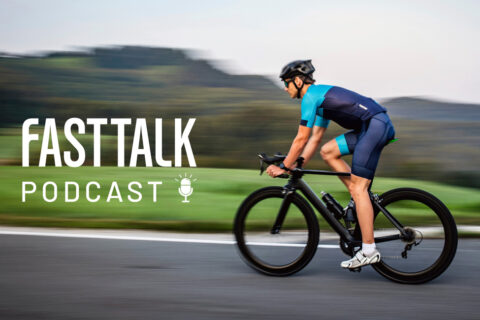
In this week’s episode, our hosts talk about the best work to do leading into the race season, getting meditative during intervals, and preparing for an epic event.
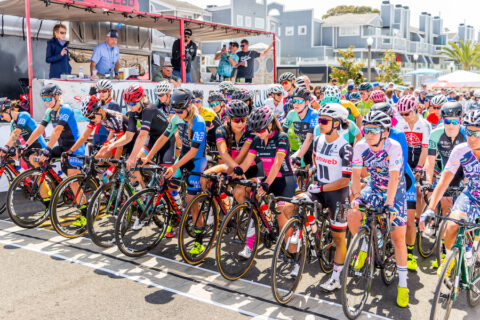
In this week’s show, we talk about how we deal with the stress of competition, whether threshold intervals are old news, and the mental side of dealing with health setbacks.

We max out on metaphors in this week’s Fast Talk podcast as we talk about some of the key principles behind training, recovery, and fueling.
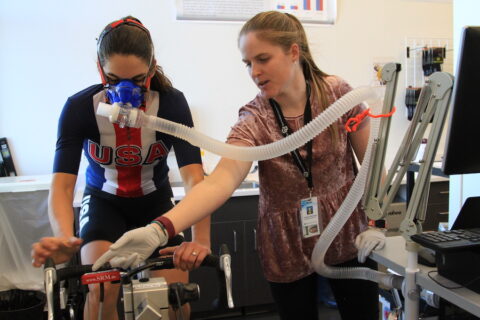
Time at VO2max is driving the recent research on what makes the most effective intervals, but is it a good metric to use? We find out on this week’s Fast Talk podcast.
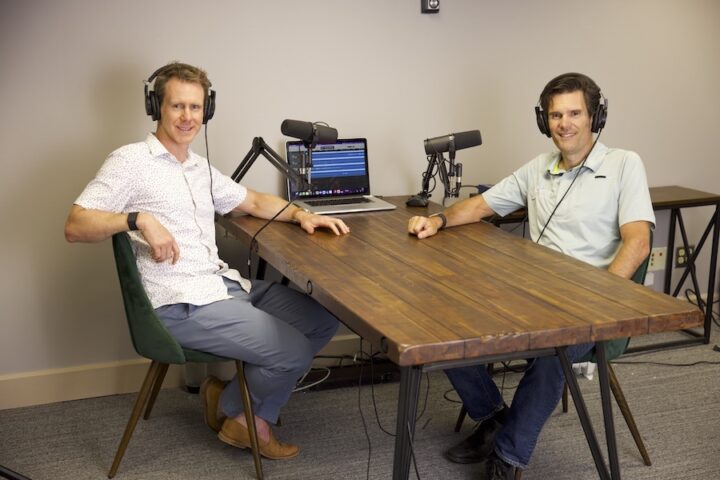
Our hosts pick their favorite podcasting moments from 2022 with a variety of fun and informative guests.
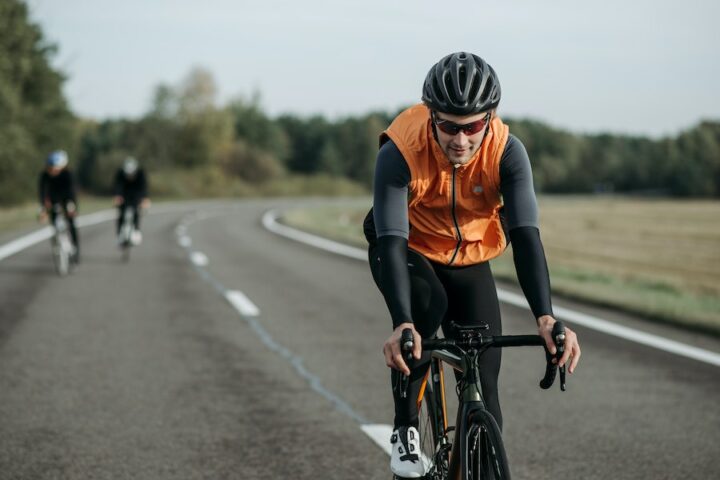
We all understand the purpose of high-intensity intervals and long endurance rides, but is there a value to kitting up and doing a workout that’s both short and easy?

We live in an era of data overload, so knowing how to interpret that data is key. Alan Couzens talks with us about how neural networks might be the answer.
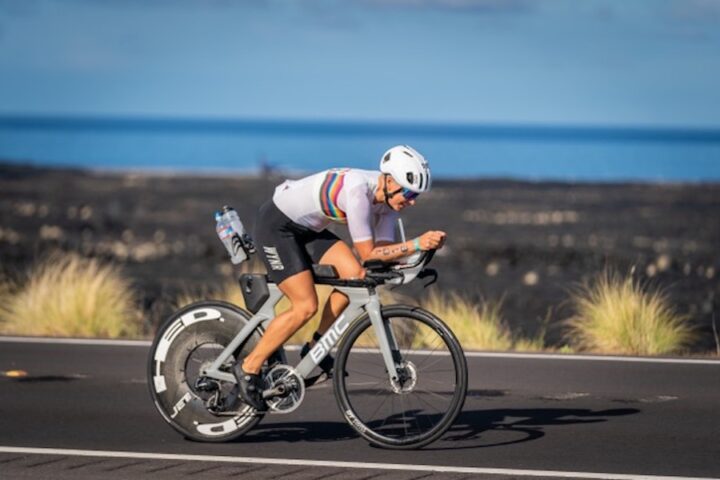
Coach Lauren Vallee talks with us about how cyclists and runners can incorporate the other sport into their training, not only to improve health, but to increase their performance.
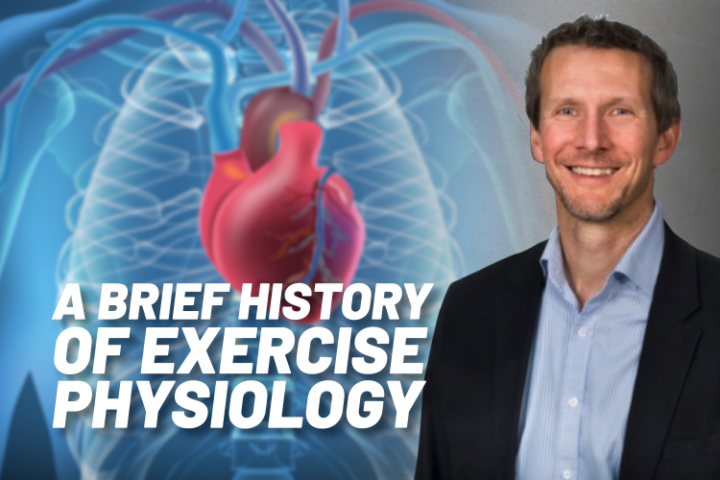
In this second part of our three-part series, Dr. Stephen Seiler gives us the history of exercise physiology research as well as insights into the inner workings of the academic world.